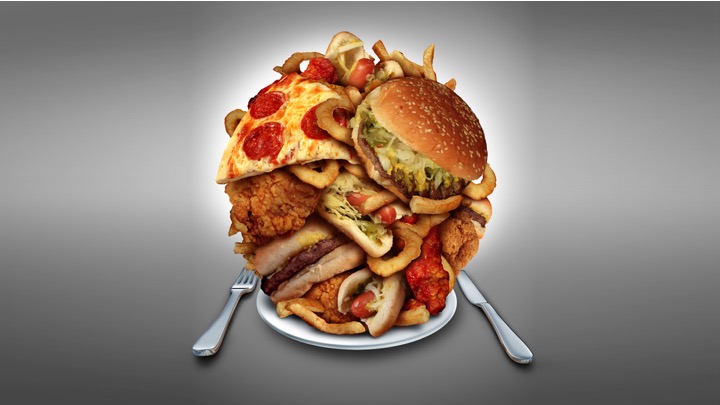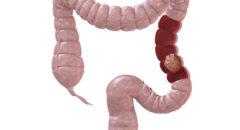 After a big meal like Thanksgiving or a potluck the first thing most of us want to do is sleep. You know, when the “itis” kicks in, it’s hard for us to stay up. But then we have this guilt and “I’m so full” feeling in our stomach that doesn’t feel good at all. You want to feel better, so what do you do? Eat! Yes, eat.
After a big meal like Thanksgiving or a potluck the first thing most of us want to do is sleep. You know, when the “itis” kicks in, it’s hard for us to stay up. But then we have this guilt and “I’m so full” feeling in our stomach that doesn’t feel good at all. You want to feel better, so what do you do? Eat! Yes, eat.
Eating again after a big meal doesn’t sound right, but actually you need to fight bad food, with good food! Here are 5 quick things to get your stomach back in order after a night of overeating chicken wings, pasta, nachos, fried chicken, macaroni and cheese, (you get the point, LOL).
5. Peppermint
Suck on a peppermint candy after overeating. Peppermint naturally relieves gas, indigestion and nausea. Avoid it if you suffer from acid reflux, though. Peppermint relaxes the opening between your stomach and esophagus, enabling stomach acid to flow back upward. Otherwise, feel free to enjoy a cup of peppermint tea or stick of peppermint gum.
4. Egg-and-Veggie Omelet
After eating a big dinner, insulin spikes. This is often followed by a blood sugar drop, which increases feelings of hunger the next morning. Instead of heading to the cupboard and stuffing your face with sugary cereal, fix a balanced breakfast with a mix of protein, carbs and fat. High-protein eggs contain the amino acid cysteine, which breaks down the toxin from alcohol (acetaldehyde), allowing it to be eliminated through urine, while fiber-rich veggies like spinach and tomatoes help you de-bloat and keep digestion working well. Skip the cheese and side of bacon, though, as high-fat foods slow the passage of food into the small intestine, which can lead to more bloating, gas, and cramping post–junk binge
3. Yogurt & Berries
Even though you may not have the appetite for it, you’ll want to eat some healthy probiotics, like yogurt, early in the morning to jump-starting your metabolism. Keep it light, though, to go easy on your stomach. Yogurt contains…







